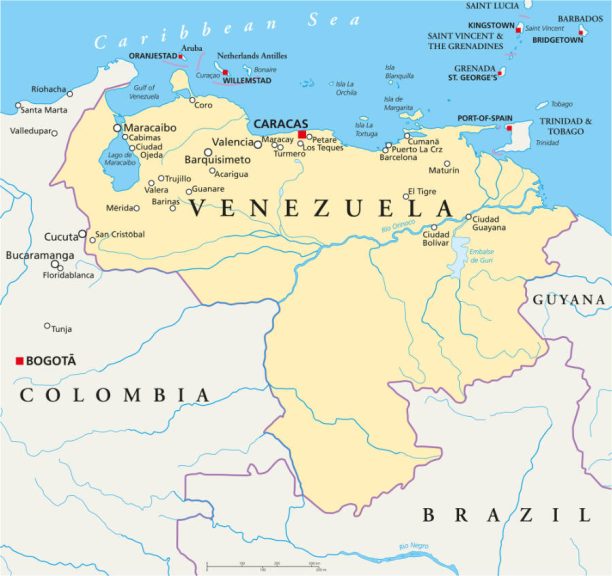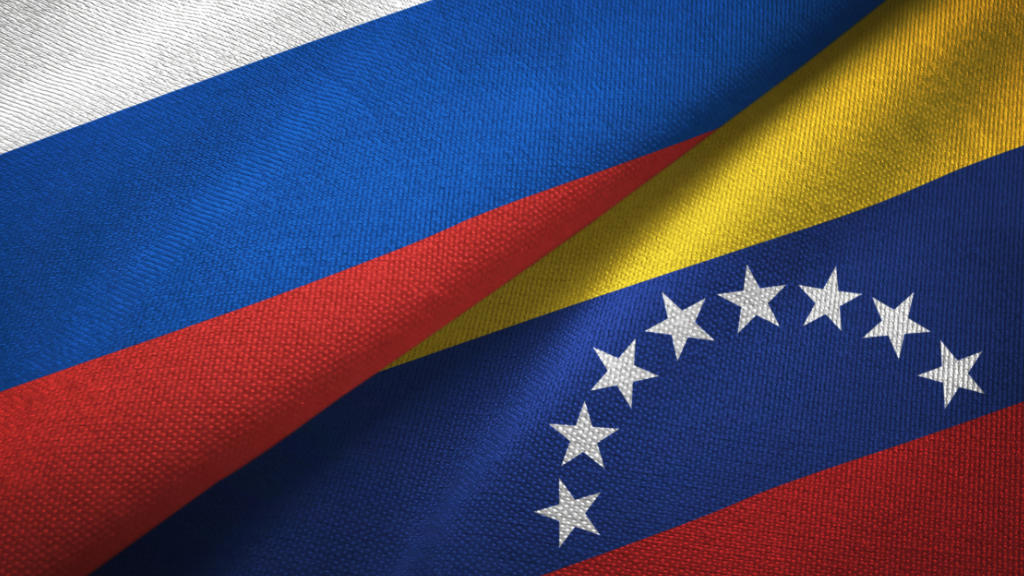The Russian Foreign Minister, Sergey Lavrov, has met with Yván Gil, the Foreign Affairs Minister of Venezuela on the sidelines of the 80th Session of the UN General Assembly in New York.
During the discussions, the parties acknowledged the convergence of Russian and Venezuelan perspectives on the majority of issues concerning the contemporary global agenda. Further measures to enhance foreign policy coordination across multilateral platforms, particularly within the Group of Friends in Defence of the Charter of the United Nations were also discussed.
Lavrov underscored the categorical unacceptability of coercive measures against sovereign states as a means of foreign policy. He expressed solidarity with the Venezuelan leadership amidst escalating external threats and attempts at interference in internal affairs, reaffirming Russia’s unwavering support for Caracas’ endeavors to uphold national sovereignty.
Venezuela is currently being threatened by the United States, under the remit of suppressing its drug trade, but widely considered to be moves to dethrone the current Venezuelan President Maduro and the existing government. It is possible that the United States could invade, although both Russia and China have said they would help defend Venezuelan territory if necessary. Russia is believed to have sent fighter jets and pilots to Venezuela. The Venezuelan President Nicolas Maduro has said he is preparing to declare a state of emergency to protect his country in the event of an attack by the United States. US warships are currently stationed off the Venezuelan coast. Venezuela possesses the world’s largest oil reserves, estimated at 303 billion barrels as of 2024, about five times more than the United States and about 18% of the global total.

In trade, the ministers noted the dynamic progress in strategic partnership relations between Moscow and Caracas, agreeing to persist in fostering their comprehensive strengthening with a focus on deepening political dialogue and expanding trade, economic, investment, scientific, and technological ties, as well as broadening cultural, humanitarian, and educational exchanges.
Russia and Venezuela signed a strategic partnership agreement in May this year to expand cooperation across key economic sectors.
The document outlines cooperation on global and regional security, counterterrorism, and sets a long-term course for deeper ties in areas including the economy, energy, investment, mineral extraction, transport, telecommunications, healthcare, and culture.
The Kremlin stated at the time that the agreement “involves the entire agenda. Venezuela is our partner, and that is why there is cooperation in a number of areas. Specific cases were discussed: energy, oil affairs, projects related to various aspects of energy interaction, projects related to the establishment of production, the activity of Russian companies in the Venezuelan market, and the interest of Russian companies in investments in Venezuela.”

Russia and Venezuela are also supporting Venezuela’s electric power industry to retrofit and enhance power-generating capacities and the electricity transmission and distribution infrastructure.
To evade sanctions restrictions, they are also examining an alternative system of oil transportation insurance and international recognition of insurance services, an issue that may have major repercussions for the maritime insurance and reinsurance industries. Other targeted players may join in such a scheme.
Additional specific industry and infrastructure sectors were also mentioned, including telecommunications, railway infrastructure, pharmaceuticals, and epidemiology, by supplying professional equipment, introducing advanced developments, technology transfer, and the provision of related services. Russia has significant investment plans for Venezuela.
Russia is also establishing its Glosnass satellite system in Venezuela. GLONASS will simplify navigation of land, sea, and air transport; determine the location of vehicles in emergency situations; and increase flight safety at Caracas International Airport, as well as at mountainous and remote unpaved airports in the country.
Bilateral trade between Venezuela and Russia has been increasing and reached about US$270 million in 2024, a 70% increase over the previous year.
Russia has also diversified its range of exports to Venezuela by supplying high-tech goods (machine tools and equipment) and mineral products. The share of shipments of agricultural goods to the country also increased significantly. Venezuela was the third largest importer of Russian wheat in Latin America last year.
A protocol on cooperation within the framework of the EAEU tariff preferences system was also signed. This will simplify customs procedures for the importation of Venezuelan goods to Russia that fall under the preferential regime of the EAEU (importation at 25% reduced customs duties), which will drive further growth of bilateral trade.
The main question now is the potential for US military intervention in the country, which would elicit a response from Russia and probably China as well. The situation remains tense and is illustrative of the geopolitical and military battles going on concerning global resources.
Further Reading

 Русский
Русский














